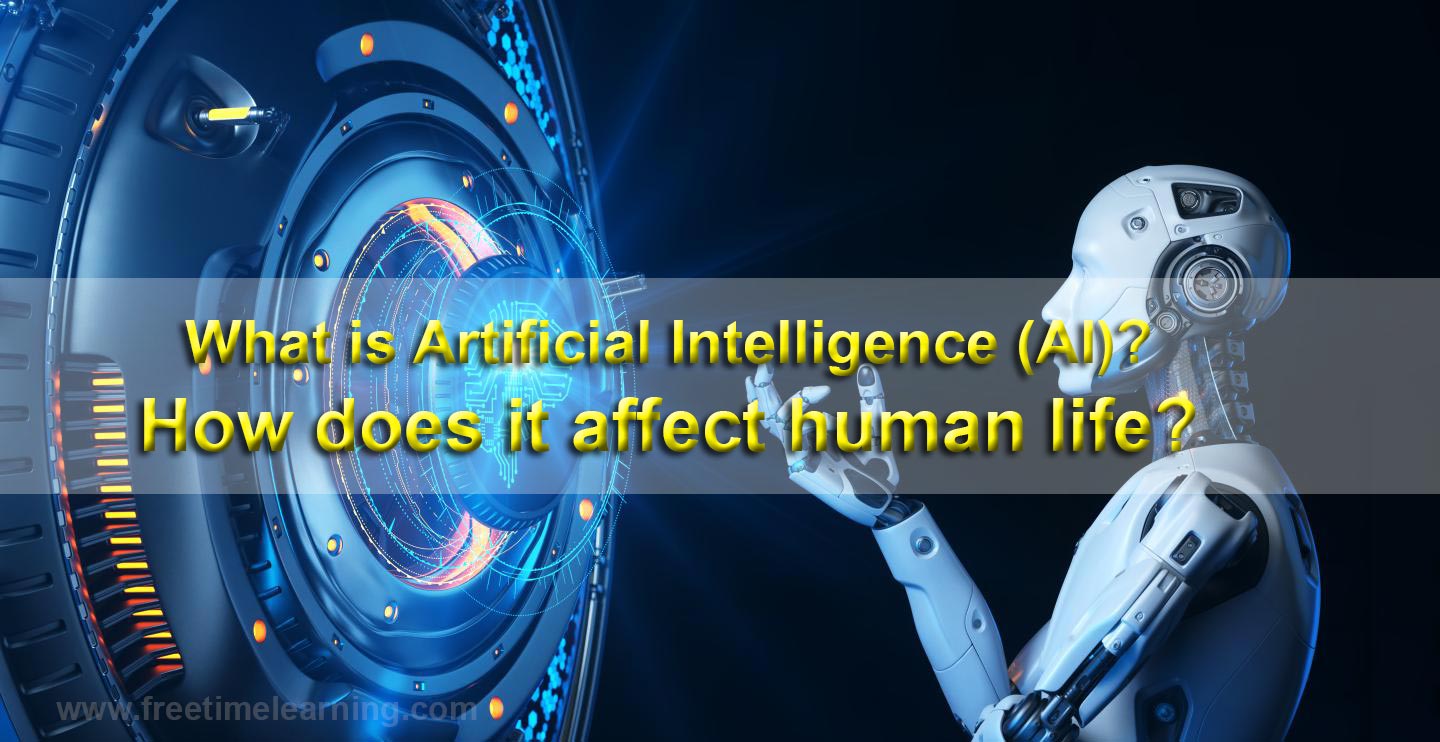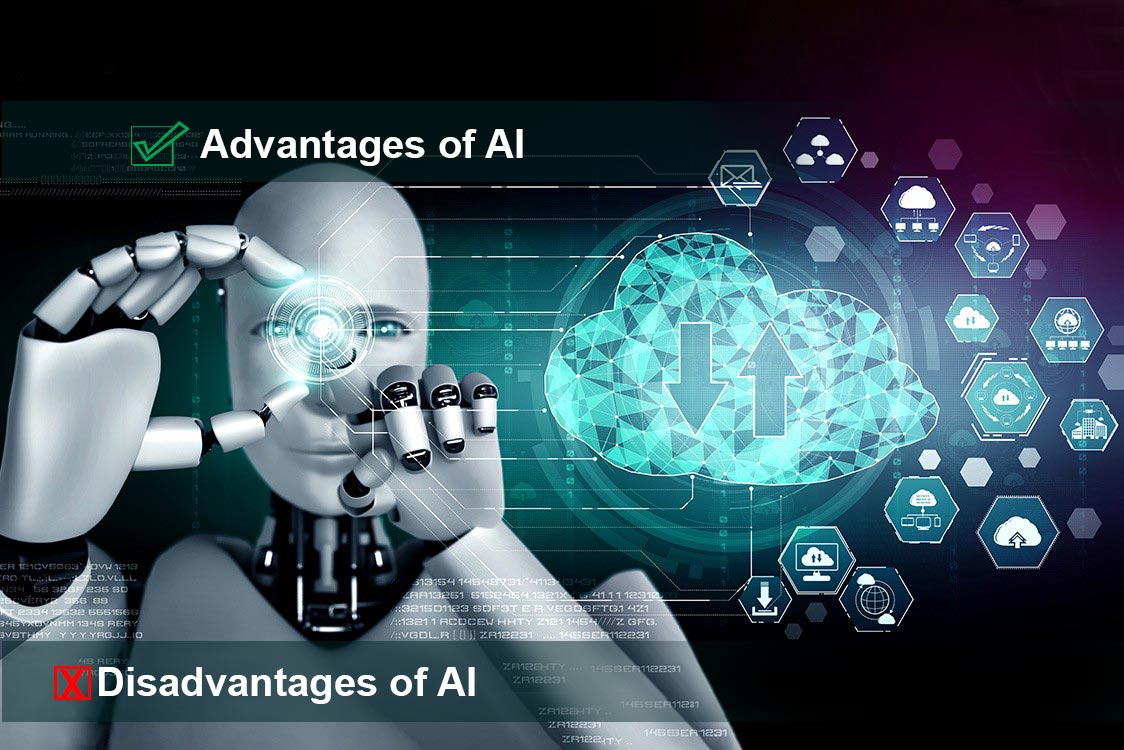
Publisher : V V Ramana Reddy

AI has the potential to be a powerful tool for improving our lives, but it's important to consider both its benefits and risks as we continue to develop and integrate these technologies into society.